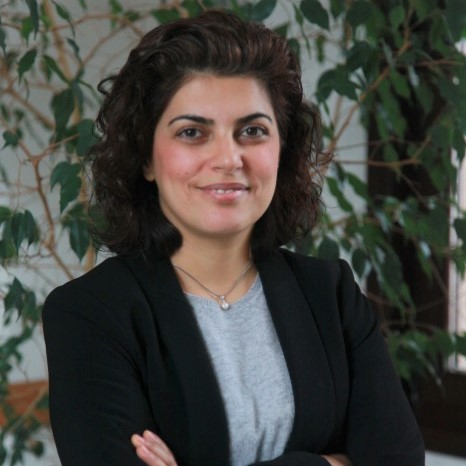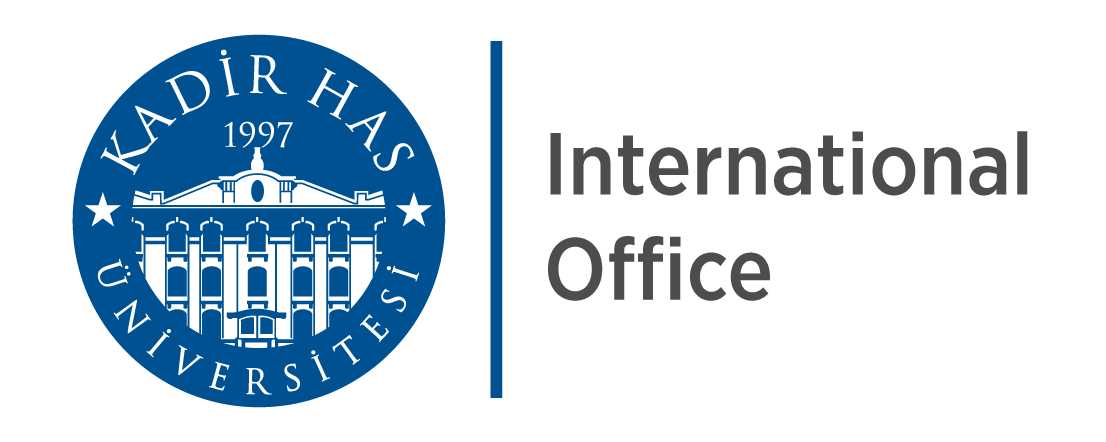
FENS Seminars – Prof. Dr. Sinem Çöleri
Prof. Dr. Sinem u00c7u00f6leri from Kou00e7 University will be the guest of KHAS Faculty of Engineering and Natural Sciencesu00a0seminar series with her speech u201cAI Based Machine-to-Machine Communications in 6Gu201d on Friday, September 30 at 2 pm.
The event will take place inu00a0Fener Hallu00a0and is open to anyone interested.
Abstract: 6G wireless solutions need to meet the anticipated demands of Machine-to-Machine (M2M) communications with the total number of devices expected to be about 26 billion in 2026 according to Ericsson Mobility Report. The wide variety of the requirements of massive M2M scenarios in terms of energy, reliability, delay and throughput, and the inclusion of a new spectrum of control applications, such as extended reality, remote surgery, autonomous vehicle platoons, increase the complexity of M2M system design significantly. This high complexity can only be handled by developing artificial intelligence (AI) based communication techniques, technologies and architectures while addressing the semantics of the control systems. In this talk, I will introduce extreme value theory-based channel modeling and communication techniques detecting rare events in ultra-reliable communication together with federated learning techniques for channel estimation. Then, I propose machine learning based channel modeling and communication approaches for the communication at high frequency bands, including THz, optical and mmwave communication, to achieve higher accuracy while incorporating various system inputs. Moreover, an AI based heterogeneous communication networking architecture is introduced to adapt the usage of the wide variety of networks and frequency bands to meet the requirements of the applications. In the second part of the talk, the fundamental paradigm shift from the Shannon paradigm is introduced. While Shannon paradigm aims to guarantee the correct reception of each single transmitted bit, irrespective of the meaning conveyed by transmitted bits, communication for control applications focuses on guaranteeing the success of the task execution, such as plant stability for automated production lines, detection accuracy in cooperative vehicle systems. Novel resource allocation techniques for the joint design of control and communication systems together with deep learning-based solutions are presented.
About the Speaker: Sinem Coleri is Professor in the department of Electrical and Electronics Engineering at Koc University. She is also the founding director of Wireless Networks Laboratory (WNL). Sinem Coleri received the BS degree in electrical and electronics engineering from Bilkent University in 2000, the M.S. and Ph.D. degrees in electrical engineering and computer sciences from University of California Berkeley in 2002 and 2005. She worked as a research scientist in Wireless Sensor Networks Berkeley Lab under sponsorship of Pirelli and Telecom Italia from 2006 to 2009. Since September 2009, she has been a faculty member in the department of Electrical and Electronics Engineering at Koc University. Her research interests are in wireless communications and networking with applications in machine-to-machine communication, sensor networks and intelligent transportation systems. Dr. Coleri has more than 150 peer-reviewed publications with citations over 9600 (Google scholar profile). She has received numerous awards and recognitions, including TUBITAK (The Scientific and Technological Research Council of Turkey) Incentive Award and IEEE Vehicular Technology Society 2020 Neal Shepherd Memorial Best Propagation Paper Award in 2020, College of Engineering Outstanding Faculty Award at Koc University and IEEE Communications Letters Exemplary Editor Award as Area Editor in 2019, Turkish Academy of Sciences Distinguished Young Scientist (TUBA-GEBIP) in 2015. Dr. Coleri has been Area Editor of IEEE Communications Letters and IEEE Open Journal of the Communications Society since 2019, Editor of IEEE Transactions on Vehicular Technology since 2016 and Senior Editor of IEEE Access since 2022. She is an IEEE Fellow.
